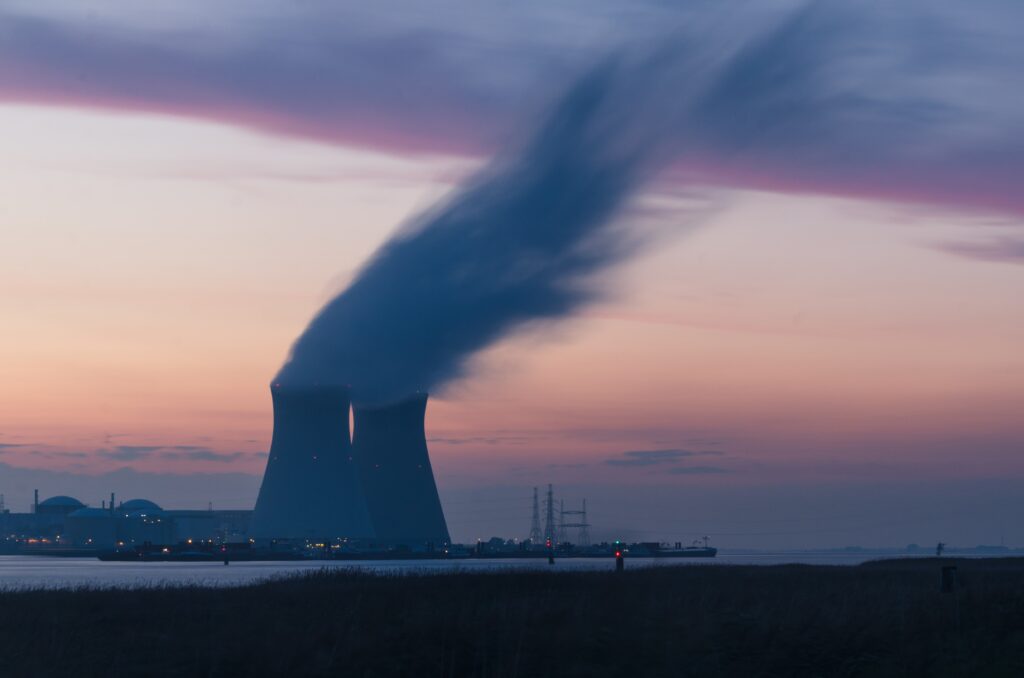
The Renewable Fuel Standard (RFS) is a federal policy in the United States that requires a certain amount of renewable fuels, such as ethanol, to be blended into the nation’s gasoline supply. The RFS was created to promote the use of renewable fuels, reduce dependence on fossil fuels, and cut greenhouse gas emissions. However, the reality behind the RFS is more complex than it might seem.
One of the main criticisms of the RFS is that it has led to the conversion of food crops, such as corn and soybeans, into biofuels. This has led to higher food prices and a decrease in the amount of land available for food production. In fact, according to a study by the Congressional Research Service, the RFS has contributed to a 10% increase in corn prices between 2005 and 2013. This increase in food prices can have a particularly negative impact on low-income households, as they spend a higher proportion of their income on food.
Another criticism of the RFS is that it has led to the destruction of natural habitats, such as wetlands and grasslands, in order to make room for biofuel crops. This can have a negative impact on wildlife and biodiversity. In fact, a study by the Environmental Working Group estimates that the RFS has led to the destruction of more than 7 million acres of wetlands and grasslands.
Despite these criticisms, the RFS has also had some positive impacts on the economy and the environment. For example, the RFS has helped to create jobs in the renewable fuel industry and has led to the development of new technologies for producing biofuels. In fact, according to a study by the Renewable Fuels Association, the RFS has created more than 400,000 jobs in the United States.
In terms of environmental impact, the RFS has helped to reduce greenhouse gas emissions by displacing fossil fuels with renewable fuels. According to the Environmental Protection Agency (EPA), the RFS has helped to reduce greenhouse gas emissions by more than 130 million metric tons between 2005 and 2013. This is equivalent to taking more than 27 million cars off the road.
In conclusion, the Renewable Fuel Standard (RFS) is a federal policy that has had both positive and negative impacts on the economy and the environment. While the RFS has helped to create jobs in the renewable fuel industry and reduce greenhouse gas emissions, it has also led to higher food prices, the destruction of natural habitats, and the displacement of food crops with biofuel crops. As policymakers consider the future of the RFS, it’s important to weigh the benefits and costs of this policy, and explore alternative ways of promoting the use of renewable fuels that may be more effective and sustainable in the long run.

